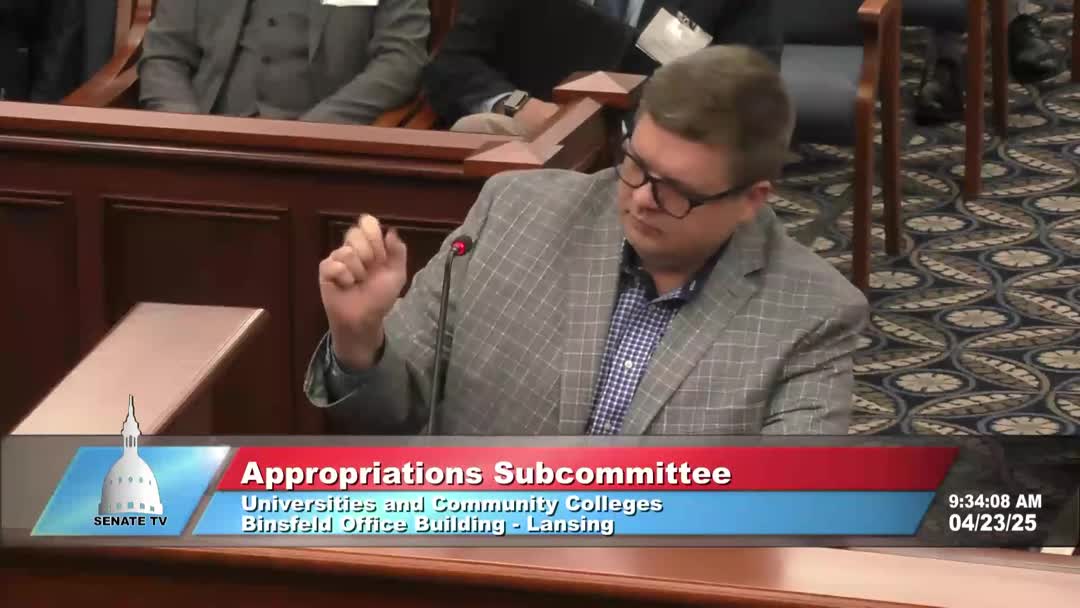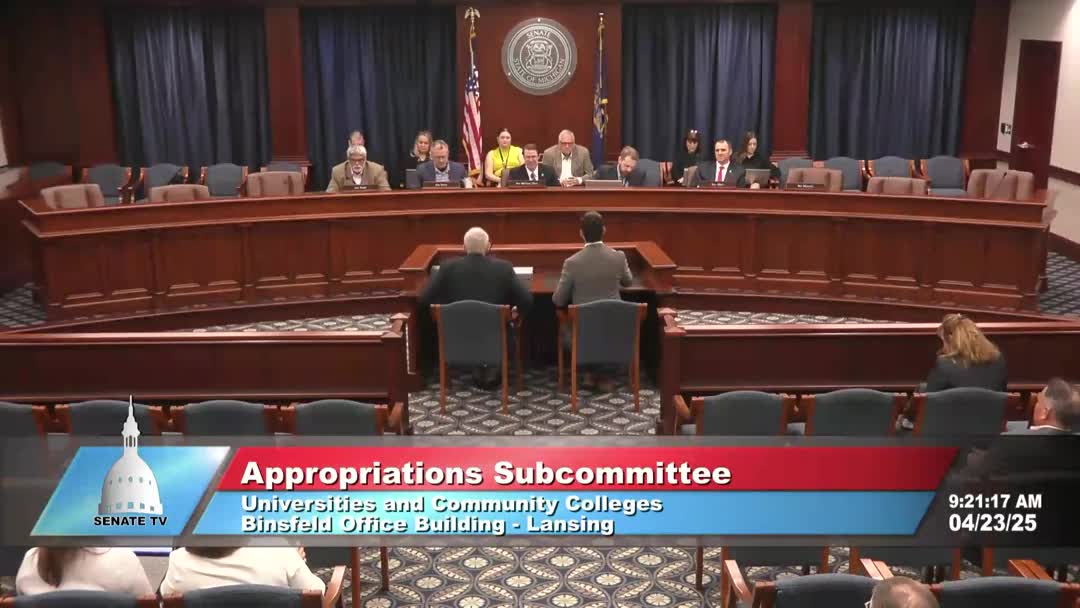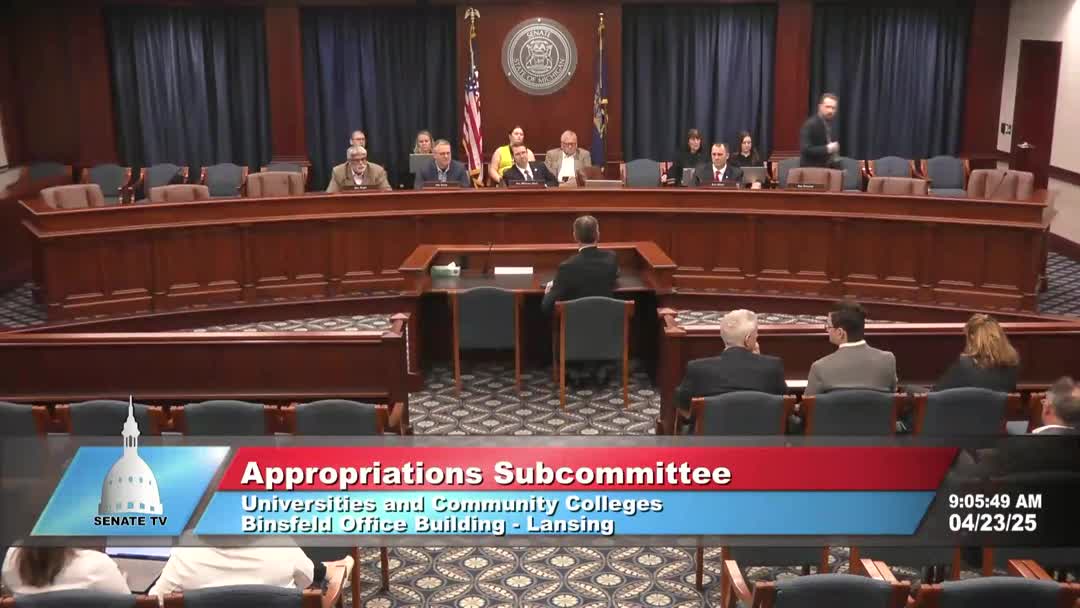Article not found
This article is no longer available. But don't worry—we've gathered other articles that discuss the same topic.

College access group urges continued funding for FAFSA outreach, Reconnect and MyLEAP; flags AmeriCorps and federal changes as looming threats

Privates say elimination of Michigan Tuition Grant forced some adult students to drop plans; Davenport reports 400 students did not enroll

